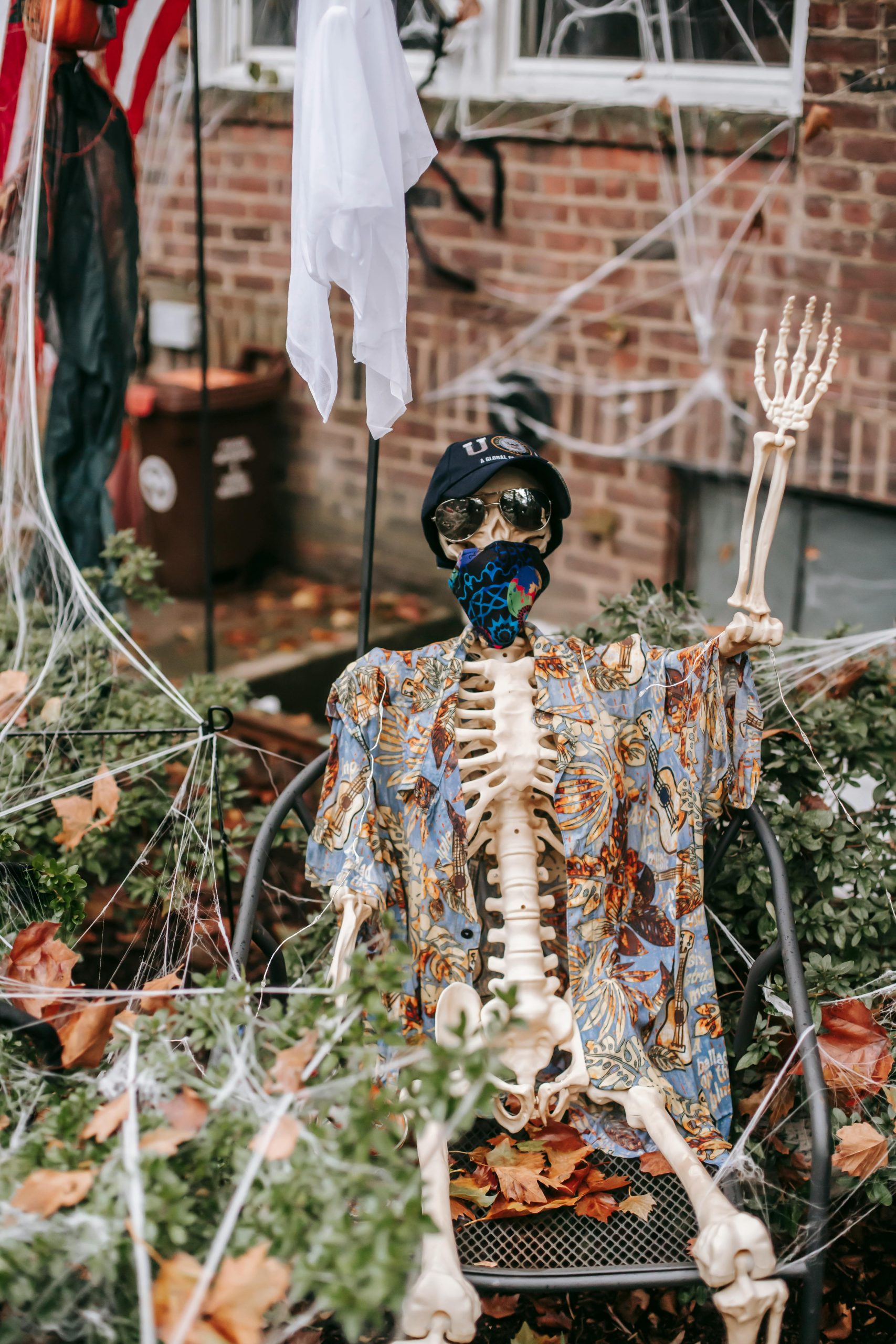One might realize after growing up that certain behaviors or practices in their family were unusual or even inappropriate. For instance, some adults look back on a childhood where their parents shared a lot of personal information with them that, in retrospect, might have burdened them with adult concerns prematurely. It could involve parents discussing financial struggles in detail or involving their children in conflicts or issues between the parents.
As one matures and gains perspective through experiences or perhaps observing other families, it becomes clear that not all children were exposed to such adult matters. This could have various impacts, ranging from developing maturity and empathy early on, to experiencing anxiety or stress that one wasn’t emotionally equipped to handle at a young age.
In healthy family dynamics, parents typically shield children from adult problems while encouraging them to engage with age-appropriate realities. When adults recognize these discrepancies from their upbringing, it often becomes an opportunity for personal growth, perhaps leading them to draw different boundaries in their own lives or pursue support for lingering impacts from their childhood experiences.



